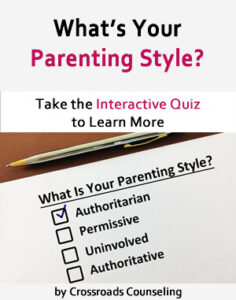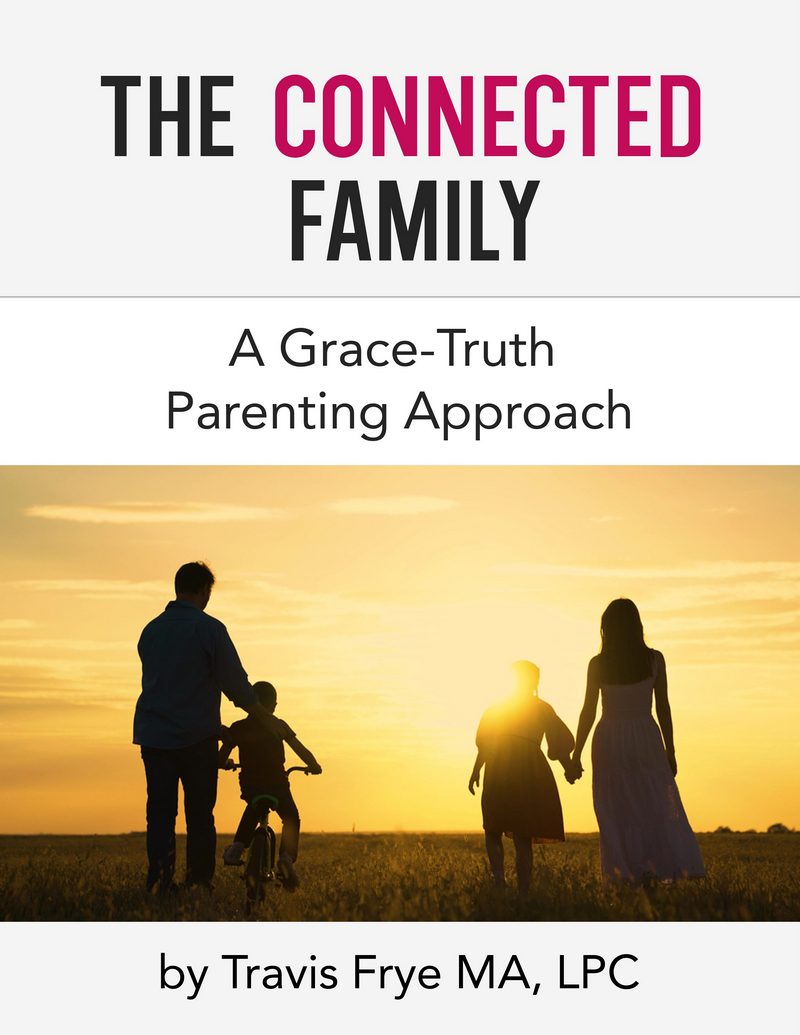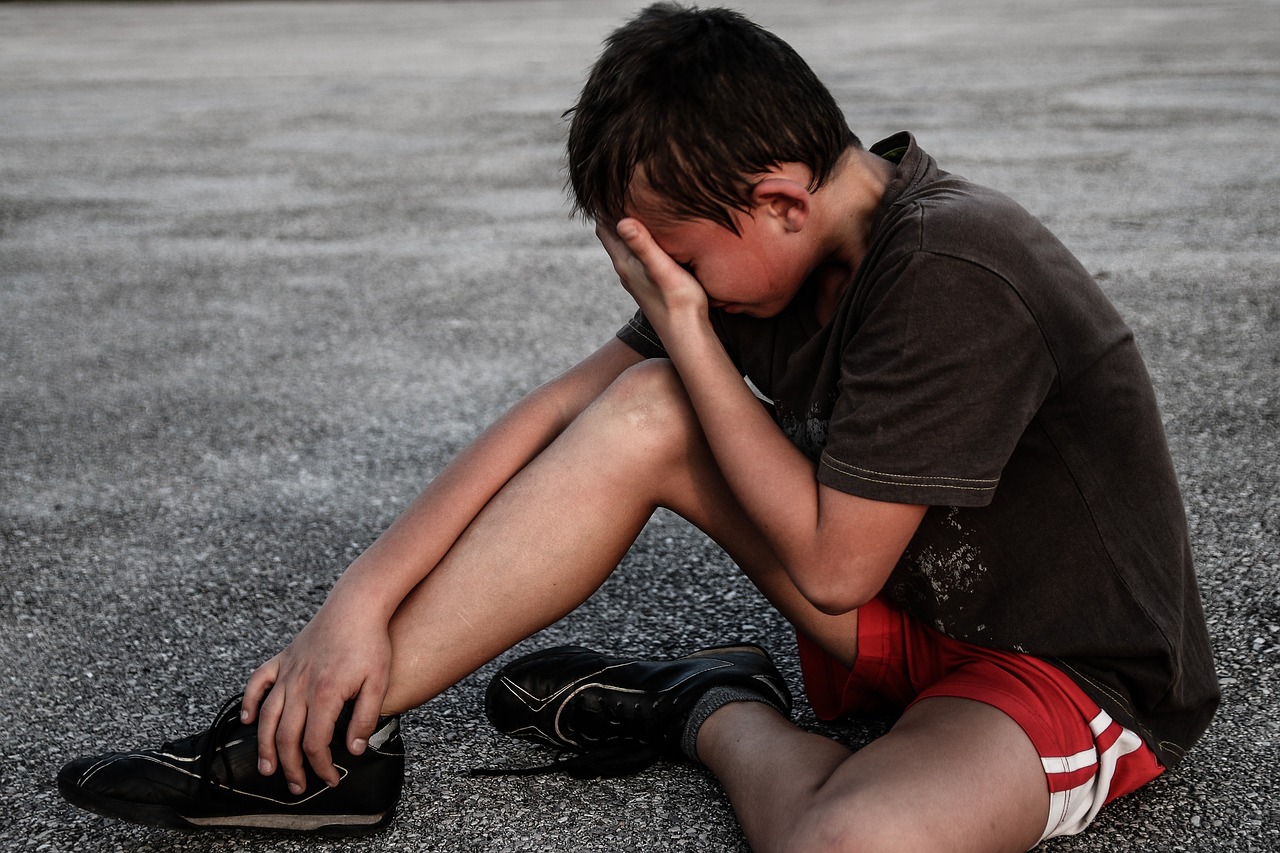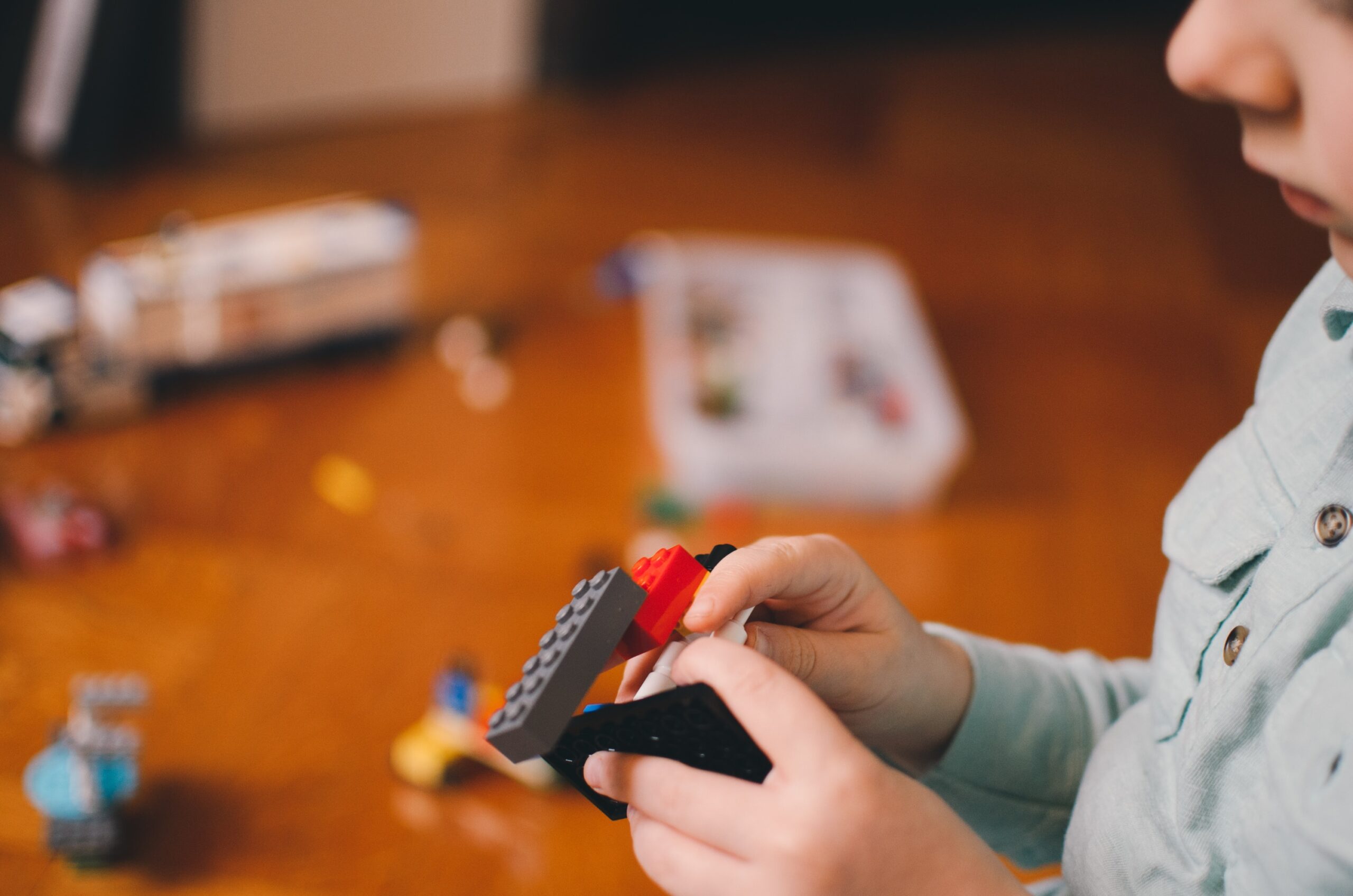We don’t often associate trauma with children, because it’s not an easy thing to stomach. In a perfect world, kids would never have to witness or experience a traumatic event. They wouldn’t be victims of abuse, neglect, or other issues that will impact their attachment styles into adulthood.
Unfortunately, we’re not in that perfect world. According to the National Child Traumatic Stress Network, about 25% of American children will experience at least one traumatic event by the time they turn 16.
No matter what your child has been through, it’s never too early (or too late) to get them the help they deserve so they can start healing. It’s not something they should have to do on their own.
With that in mind, let’s look at some practices you can put in place to help your child navigate and recover from trauma.
Set a Positive Example
No matter what kind of trauma your child has experienced, they’re still going to look to you for comfort, guidance, and reassurance. It’s important that you’re able to provide those things as naturally as possible.
First, stay calm. Recognizing what your child has gone through can be jarring, to say the least. But, by speaking to them in a calm and collected manner, you’ll take away some of the fear and let them know that they don’t need to panic.
Your goal should be to make them feel safe. Something as simple as an extra hug or a pat on the back can do the trick, but it’s also important to keep things as “normal” as possible. Maintain routines. Encourage and help your child do things they love. When they feel like they’re in a safe and secure environment, they’re more likely to heal faster.
Communicate Effectively
As a parent or caregiver, it can be tempting to keep the details of what happened away from your child. But, they already know it. They lived it. Don’t shy away from talking about the trauma, especially if your child wants to.
You might want to protect them from reliving those memories, but they’re going to, anyway. With you there to guide them, those thoughts won’t seem as scary.
So, make sure you’re having open conversations, and pick the right times to talk so you don’t feel rushed or distracted. In addition to providing helpful information, be an active listener. Your child might want to express their feelings. They might have questions. While it’s not always easy to be strong during those moments, it’s essential for the healing process.
Watch For Symptoms
Even if your child assures you that they’re fine, keep an eye out for signs of trauma. That might look different from person to person. But, some of the common red flags include things like separation anxiety, difficulty sleeping (nightmares), changes in eating habits, and sudden difficulties in their relationships.
You know your child better than anyone. While some behavioral changes could be considered normal, sudden changes that don’t necessarily fit your child’s personality should be taken seriously.
Take Care of Yourself
If you know your child has been through a traumatic event, you’re likely to put your own needs on standby while you prioritize them. While that’s certainly not a bad thing, keep in mind that you can’t pour from an empty cup.
Realizing that your child has been traumatized can be incredibly difficult to stomach. So, make sure you’re taking care of yourself every day. The stronger you are — physically and mentally — the more you’ll be able to give to your child. Do what you can to get enough sleep, eat healthy meals, and stay active. Take care of your mental health by journaling, meditating, or practicing mindfulness.
If your child is struggling, consider having them work with a therapist. In fact, therapy is a great option for you, too, if you’re trying to figure out how to help them navigate this trauma. Reaching out for help can take some of the weight off your shoulders and give you a clearer game plan as you and your child move forward.
To learn more about how therapy can help your child deal with pain, please reach out to us.
Begin Working With A Child Therapist in Phoenix, Scottsdale, and Online in all of Arizona
Finding the best way to address trauma with your child is much easier said than done. Our team of child, teen, and family therapists can help your child process their trauma and find healing. We offer support from our Scottsdale and Phoenix based locations and across the state with virtual, online counseling. To start your therapy journey, please follow these simple steps:
- Contact Crossroads Counseling
- Meet with a child therapist
- Start addressing tough emotions with your child
Contact us by calling 623-680-3486, texting 623-688-5115, or emailing info@crossroadsfcc.com and ask to speak with one of our child counselors. You can ask all the questions you have to see if Crossroads is the right fit for you.








